Ram Mandir Tax Collection: The holy city Ayodhya has witnessed a tremendous increase in tourists and has emerged as a major religious tourism hub, generating employment opportunities for the local people. Moreover, the construction of the Ram temple has not only transformed the religious landscape of Ayodhya but has also had a profound impact on the city's economy.
)
Over the last five years, the trust has paid approximately Rs 400 crore in taxes, including Rs 272 crore in GST, Rs 39 crore in royalty, Rs 7.4 crore to the Labour Fund, and Rs 4 crore for insurance policies, contributing significantly to the government’s revenue.

The trust has spent Rs 5 crore on land registration, map clearance, and revenue tax, ensuring compliance with regulations. Additionally, Rs 10 crore was allocated for electricity bills, supporting infrastructure needs for temple construction and surrounding areas.
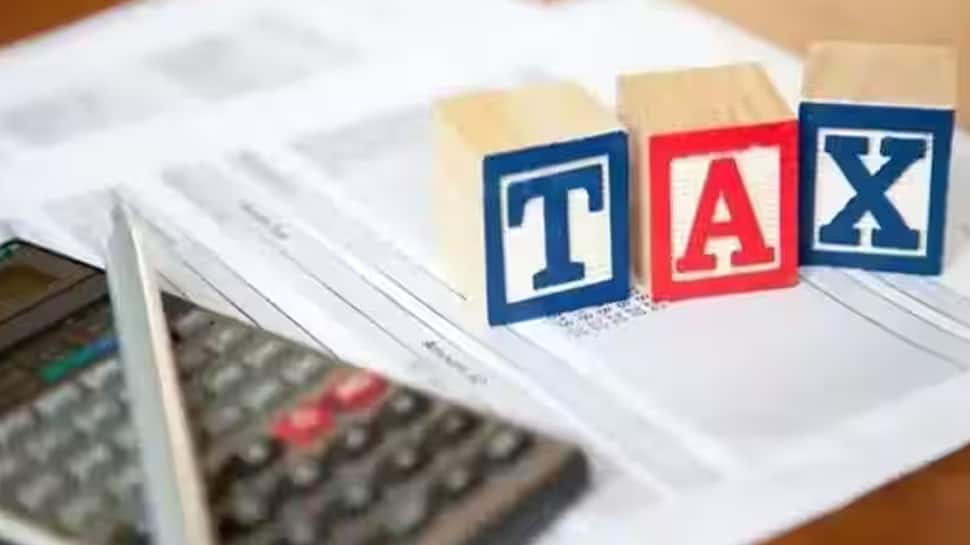
A total of Rs 29 crore was paid as stamp duty for land acquisitions. Additionally, Rs 14.9 crore was spent on royalty payments to state governments supplying stone, ballast, and granite, ensuring fair compensation for resources used in temple construction.
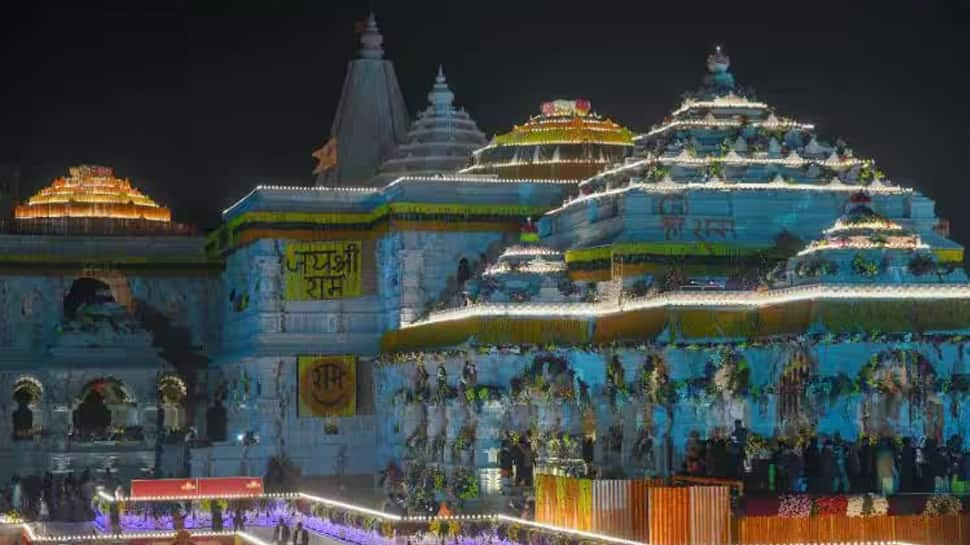
The total expenditure for the temple and related projects has reached Rs 2,150 crore, with 18% of this amount paid as taxes. The trust ensures financial transparency, and all records undergo audits by officials from the Comptroller and Auditor General (CAG).
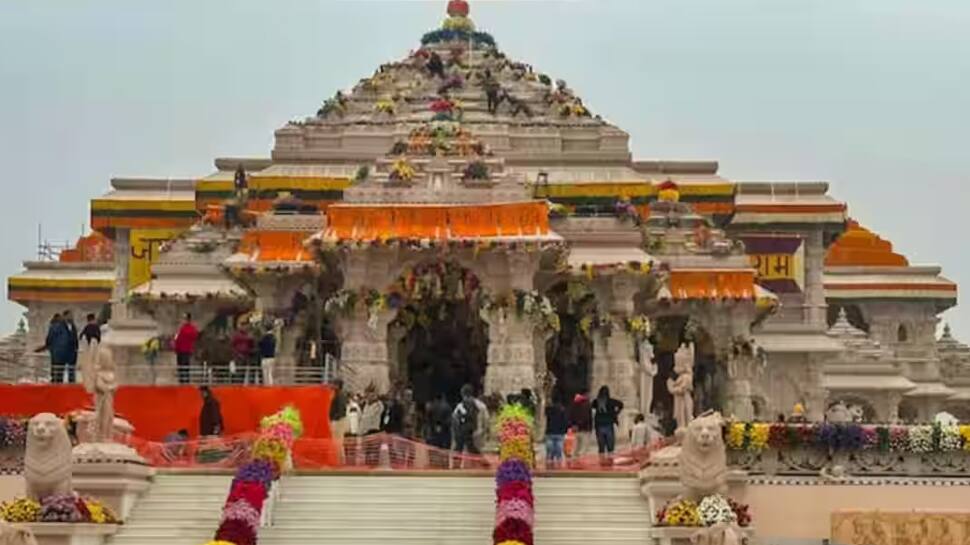
Ayodhya has witnessed an unprecedented rise in religious tourism, with 16 crore visitors in the past year alone. Out of these, 5 crore devotees offered prayers at the Ram Temple, while 1.26 crore pilgrims visited the city during Mahakumbh, boosting the local economy.
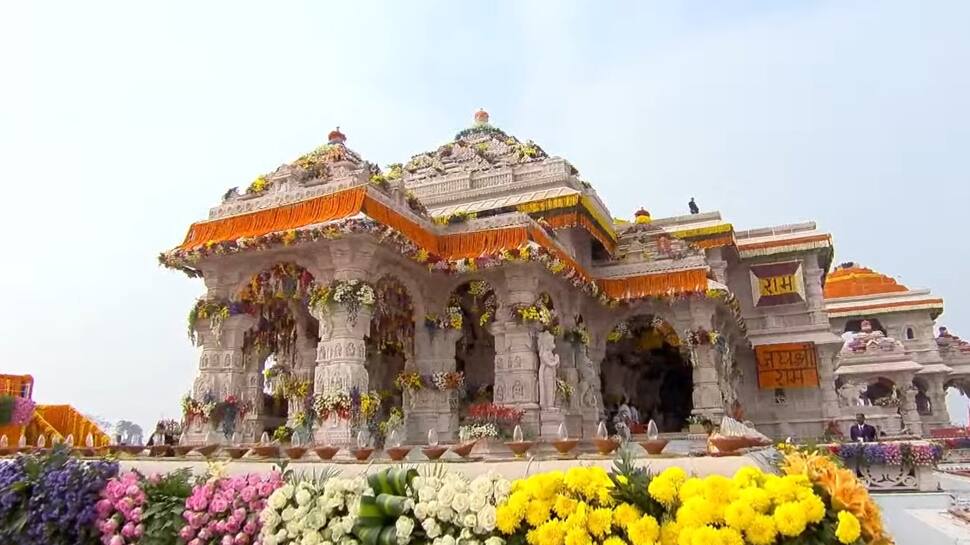
To enhance facilities, the Uttar Pradesh government awarded a Rs 200 crore contract for the construction of the Ram Katha Museum, trust office, and a rest house. These projects aim to improve visitor experience and accommodate the growing number of pilgrims.
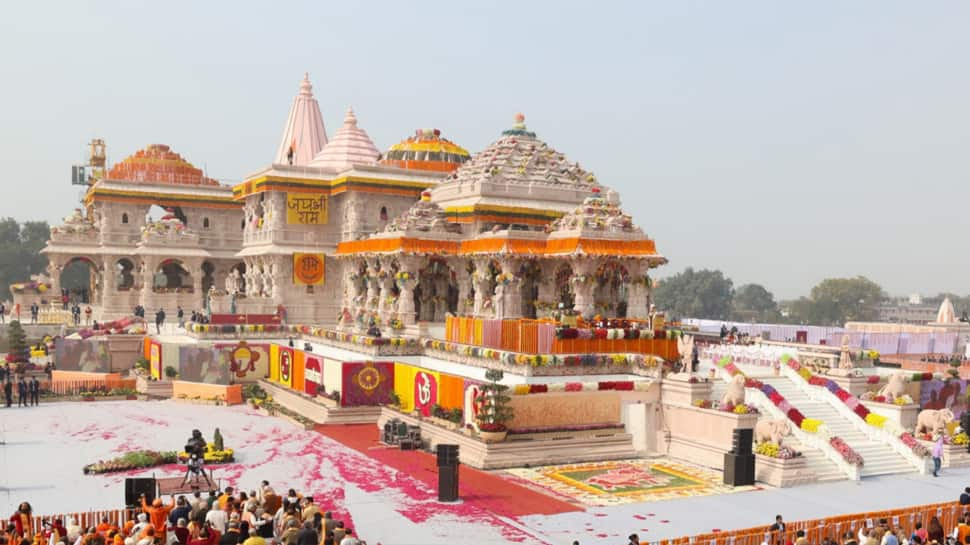
Devotees have donated a total of 944 kilograms of silver to the temple trust. This silver has been converted into 20-kilogram silver bricks and is securely stored in bank lockers, ensuring its safety and proper management for future religious and infrastructural needs.